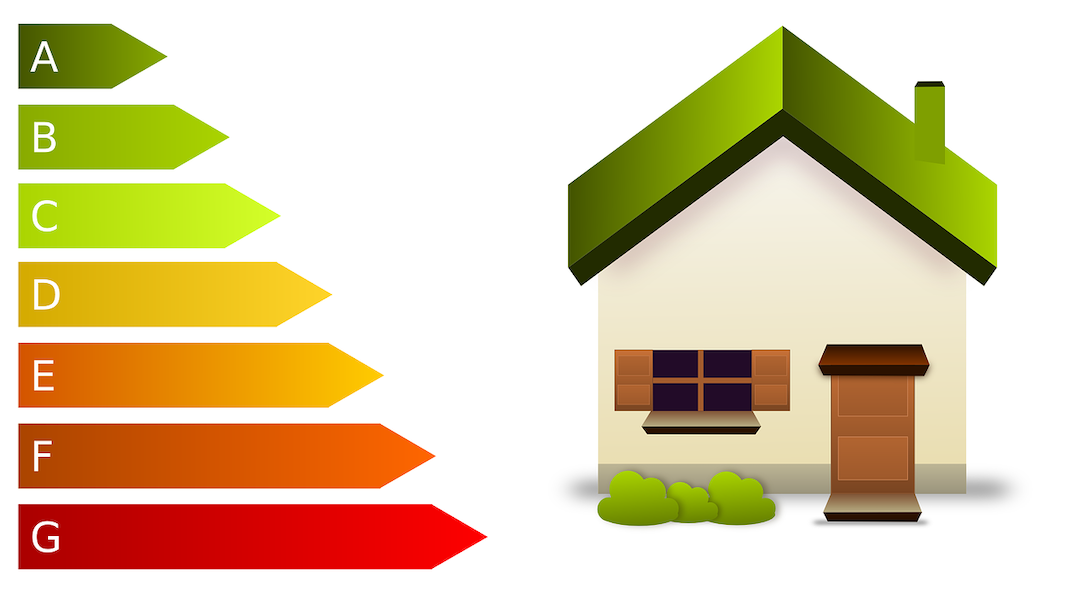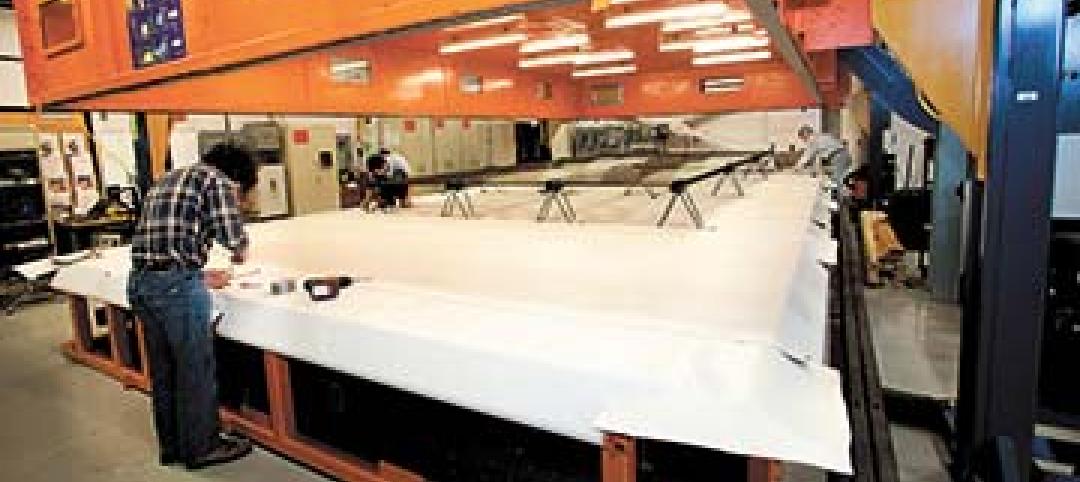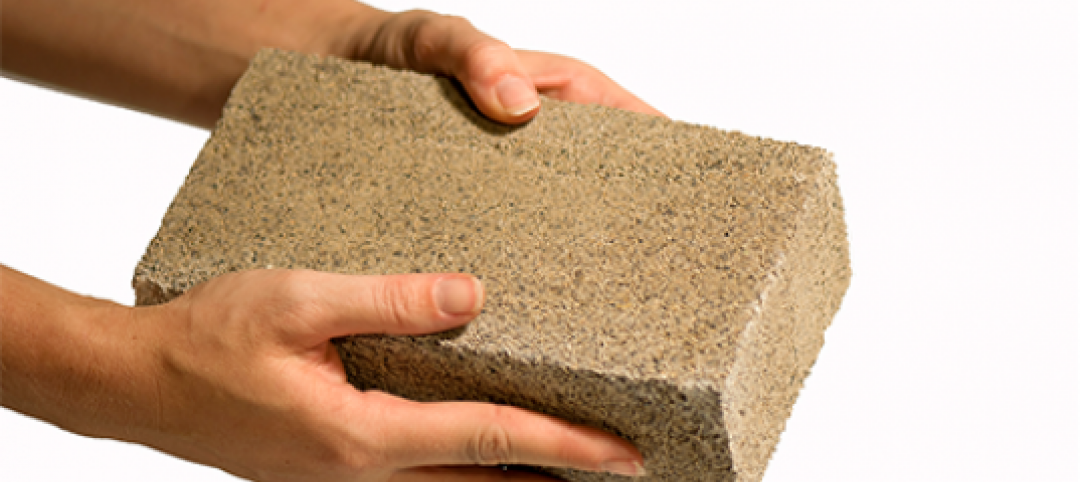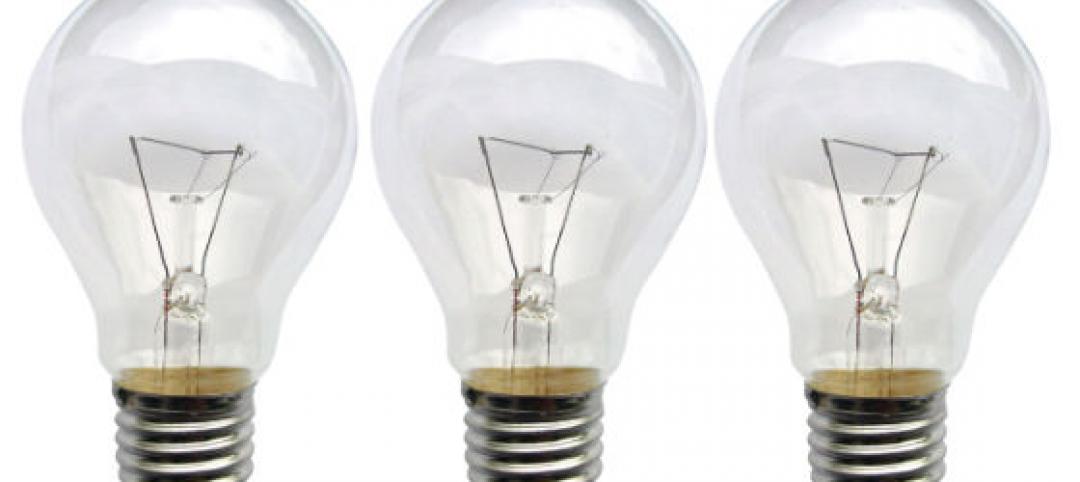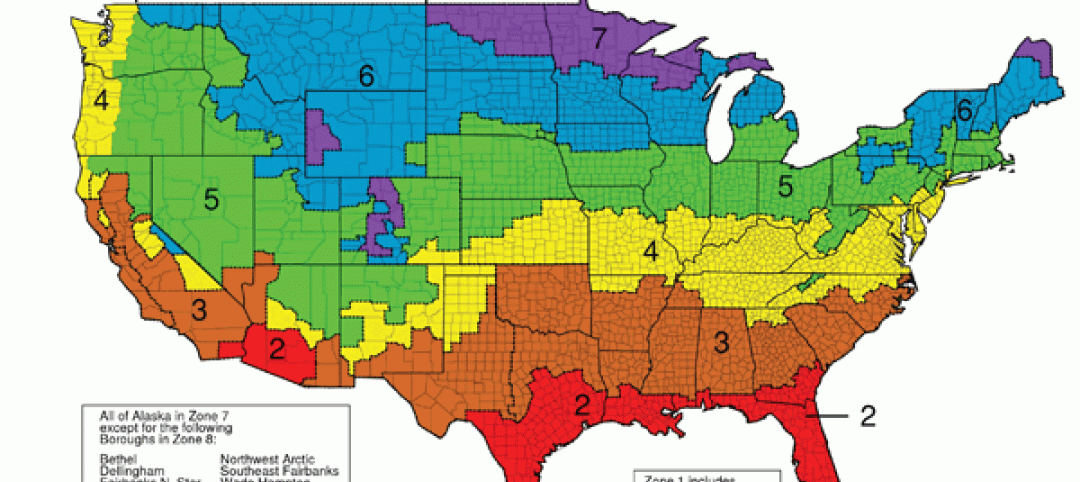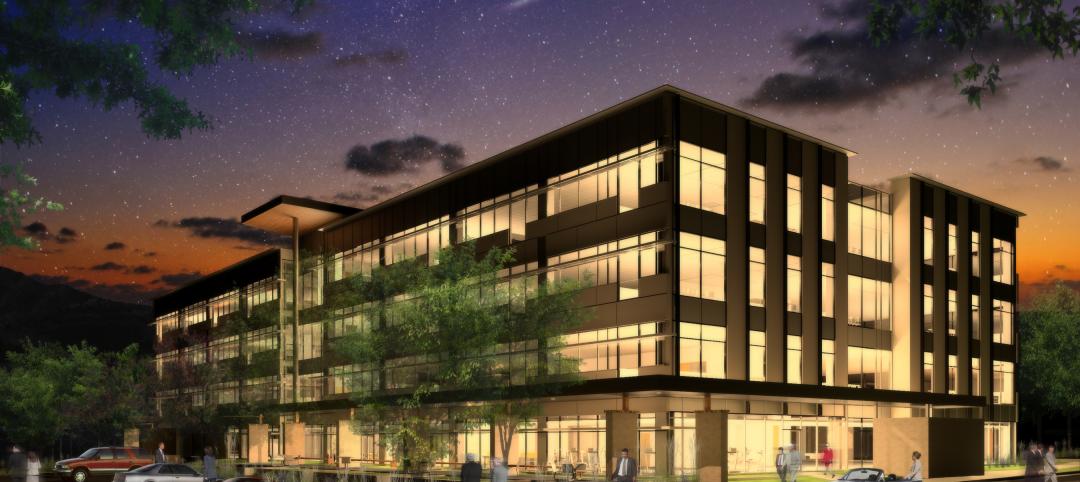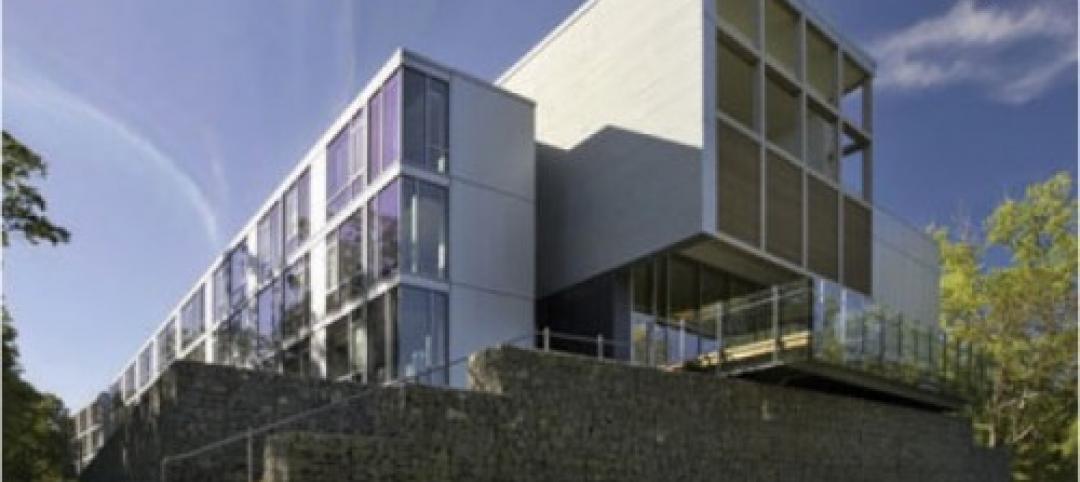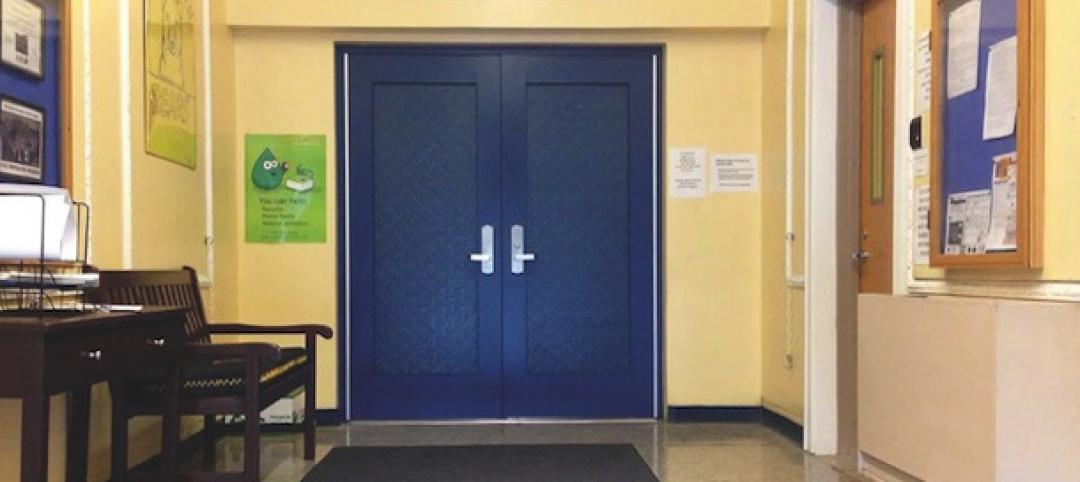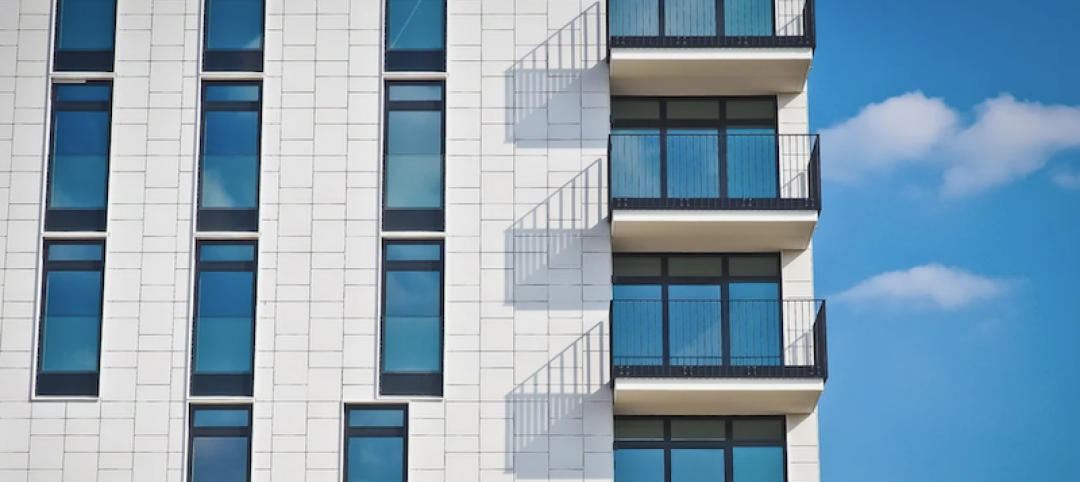Recent findings from the Better Buildings Partnership raise serious questions about the efficacy of energy efficiency ratings used in the United Kingdom.
The study found that buildings that have received the highest rating—an A Energy Performance Certificate—use more energy than some of their peers rated C, D, E, or F. The analysis of self-reported energy data in 2020 for more than 1,100 commercial properties found that the median energy intensity for all B-rated buildings is higher than for C-rated buildings.
The disparity between how buildings are designed and their actual greenhouse gas emissions is widespread in the U.K. The findings are in line with past evidence that green building certifications based on predicted energy use don’t necessarily translate to energy savings in the field.
Some studies have found that LEED certification yields better energy efficiency, but others have found that certified buildings use more energy than non-certified buildings. The U.S. Green Building Council maintains that its own research shows certified buildings are overall more efficient.
Part of the explanation for the disparity between ratings systems and real-world results could be due to the limitation of assessments that only predict potential energy efficiency. In practice, building management systems may not be set up or used properly. In addition, people sometimes undo the efficiency design by bringing fans into buildings or installing additional air conditioners.
Related Stories
| Jan 23, 2014
About 1,500 concrete buildings in Los Angeles found vulnerable to earthquakes
Some 1,500 concrete structures built in Los Angeles before 1980 could be vulnerable to earthquakes, according to University of California researchers.
| Jan 23, 2014
Low-slope roofs with PVs tested for wind uplift resistance
Tests showed winds can cause photovoltaic panels to destroy waterproof membranes.
| Jan 16, 2014
Bio-based materials could transform the future of sustainable building
Recent winners of the Cradle to Cradle Product Innovation Challenge include a brick made from bacterial byproducts and insulation created from agricultural waste products.
| Jan 16, 2014
The incandescent light bulb is not dead
Despite misleading media reports, January 1 did not mark a ban on the manufacture or import of 60-watt and 40-watt incandescent bulbs.
| Jan 16, 2014
ASHRAE revised climatic data for building design standards
ASHRAE Standard 169, Climatic Data for Building Design Standards, now includes climatic data for 5,564 locations throughout the world.
| Jan 15, 2014
ConsensusDocs releases updated subcontract for federal work
The new version addresses recent changes in federal contracting.
| Jan 15, 2014
First quarter 2014 LEED rating system addenda now available
There are 71 new LEED Interpretations, including 65 for Homes and Multifamily Midrise.
| Jan 10, 2014
What the states should do to prevent more school shootings
To tell the truth, I didn’t want to write about the terrible events of December 14, 2012, when 20 children and six adults were gunned down at Sandy Hook Elementary School in Newtown, Conn. I figured other media would provide ample coverage, and anything we did would look cheap or inappropriate. But two things turned me around.
| Jan 8, 2014
Strengthened sprinkler rules could aid push for mid-rise wood structures in Canada
Strengthened sprinkler regulations proposed for the 2015 National Building Code of Canada (NBCC) could help a movement to allow midrise wood structures.
| Jan 8, 2014
New materials should help boost sustainability in cities by 2020
Newer developments include windows made with nano-crystals that control intense heat penetration while lighting living areas from the outside.


